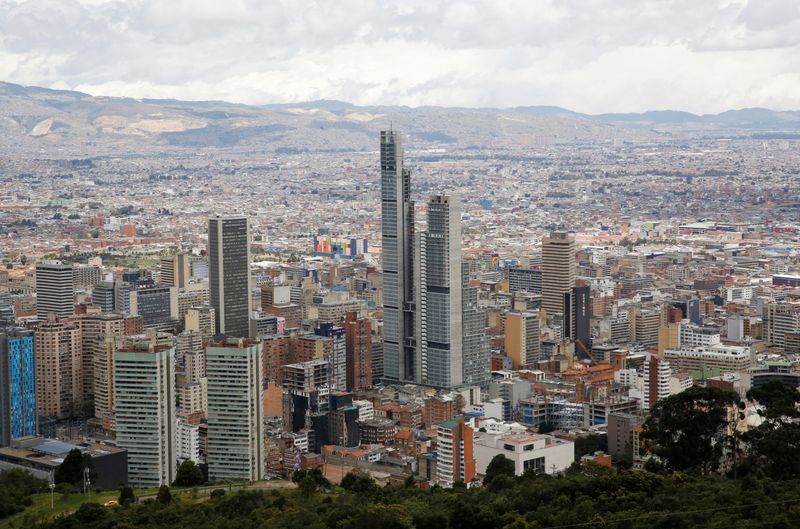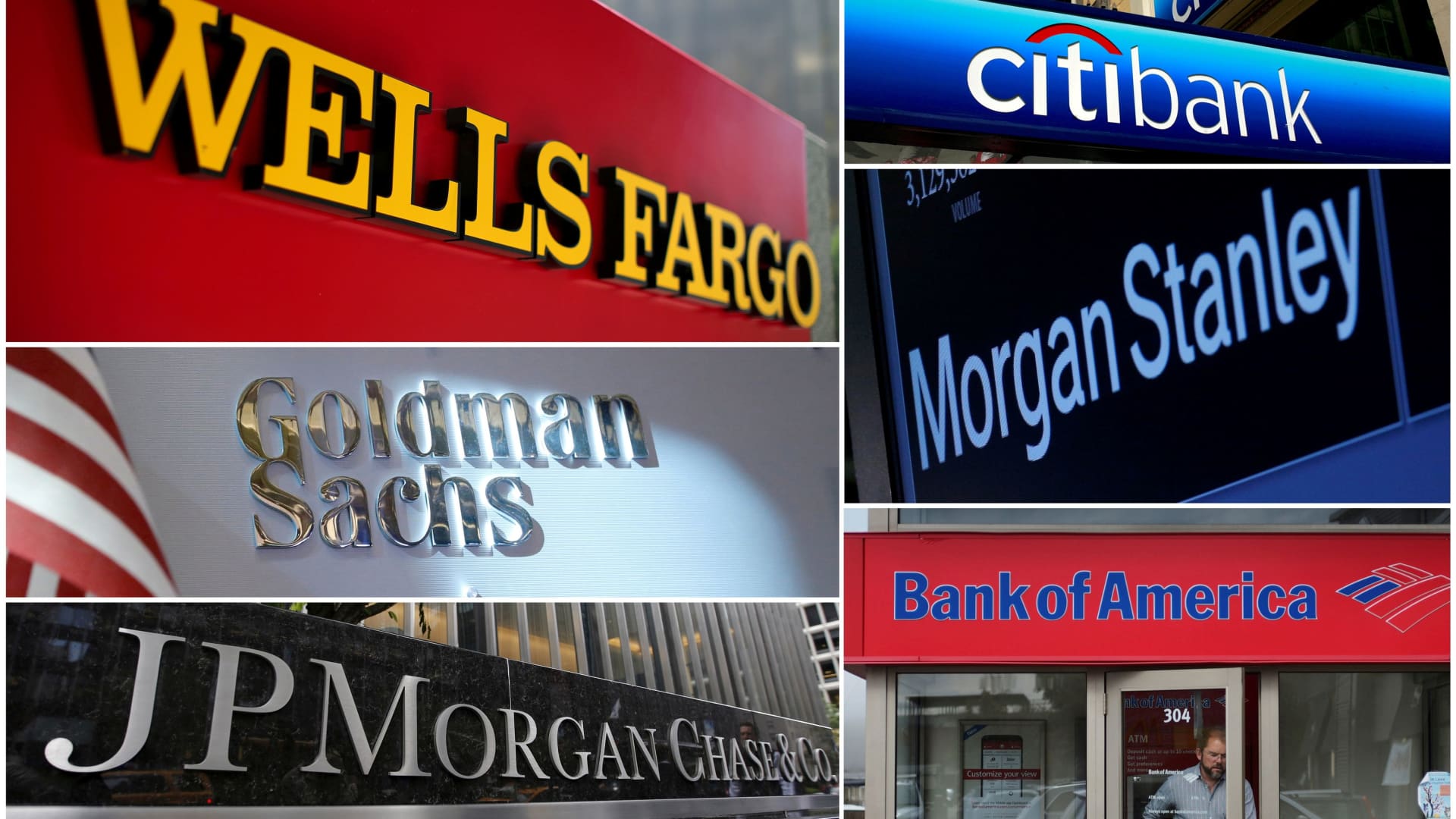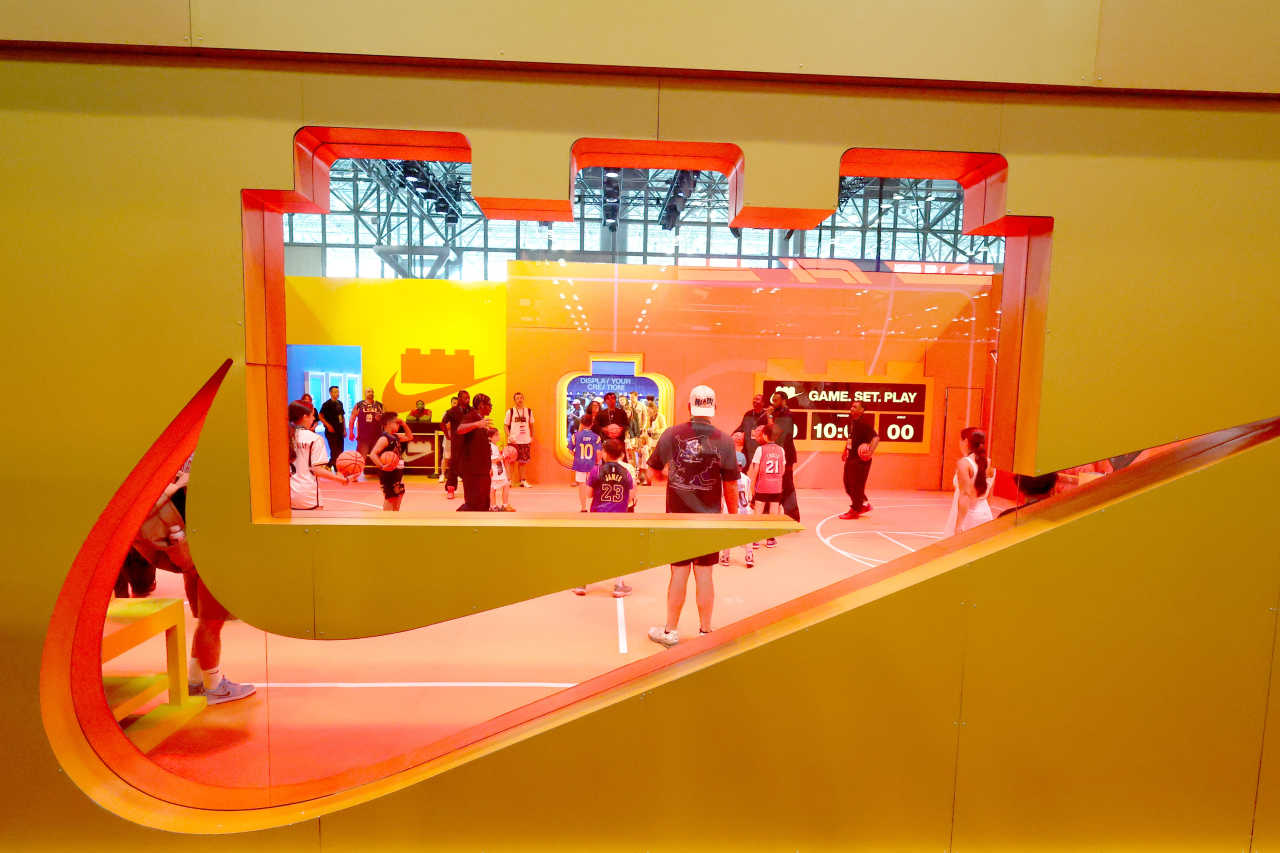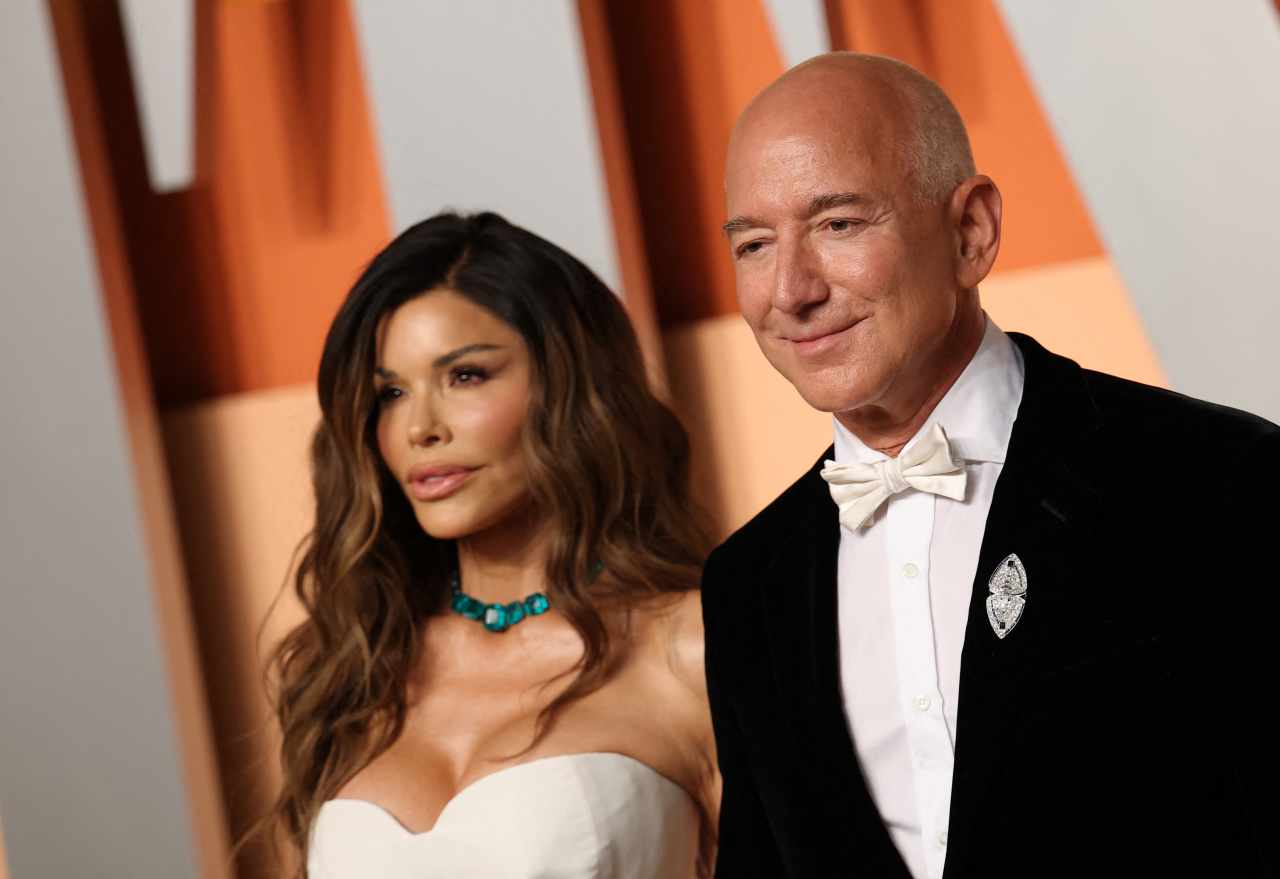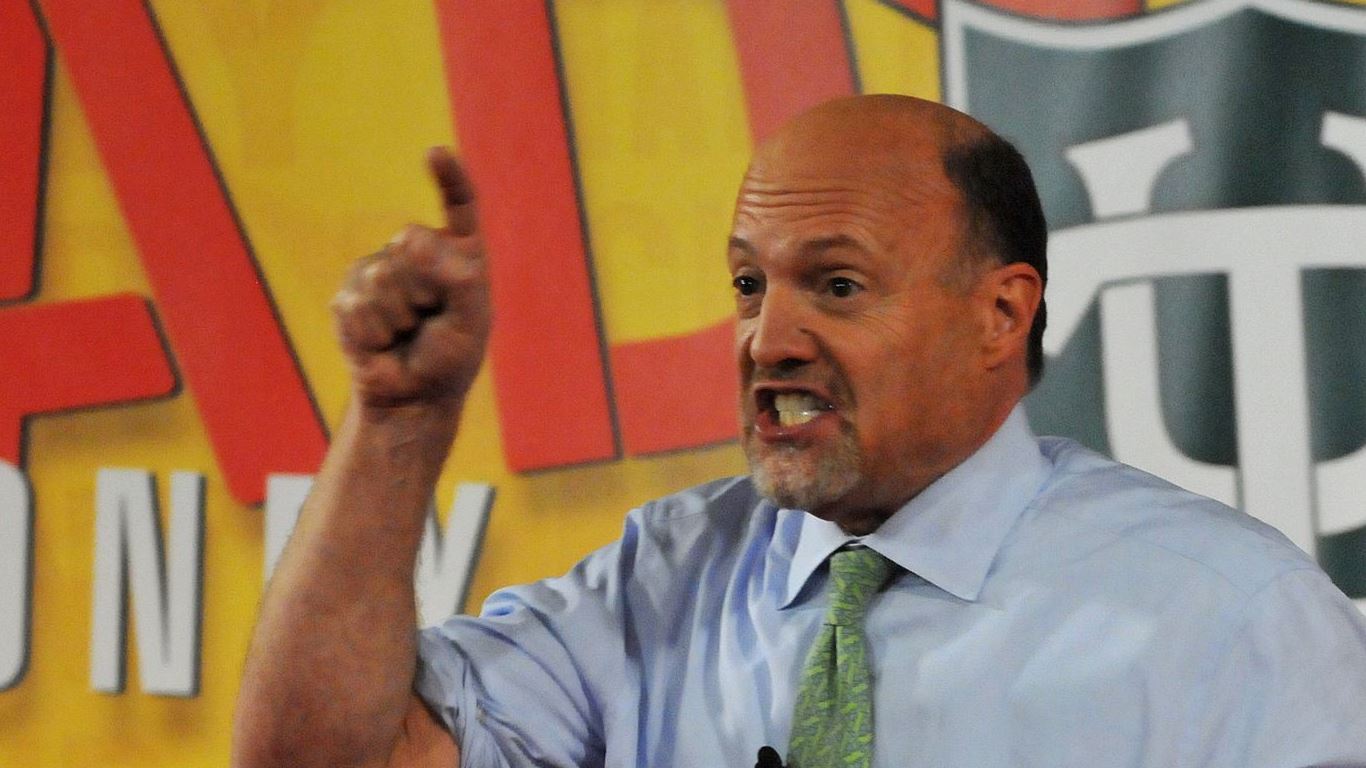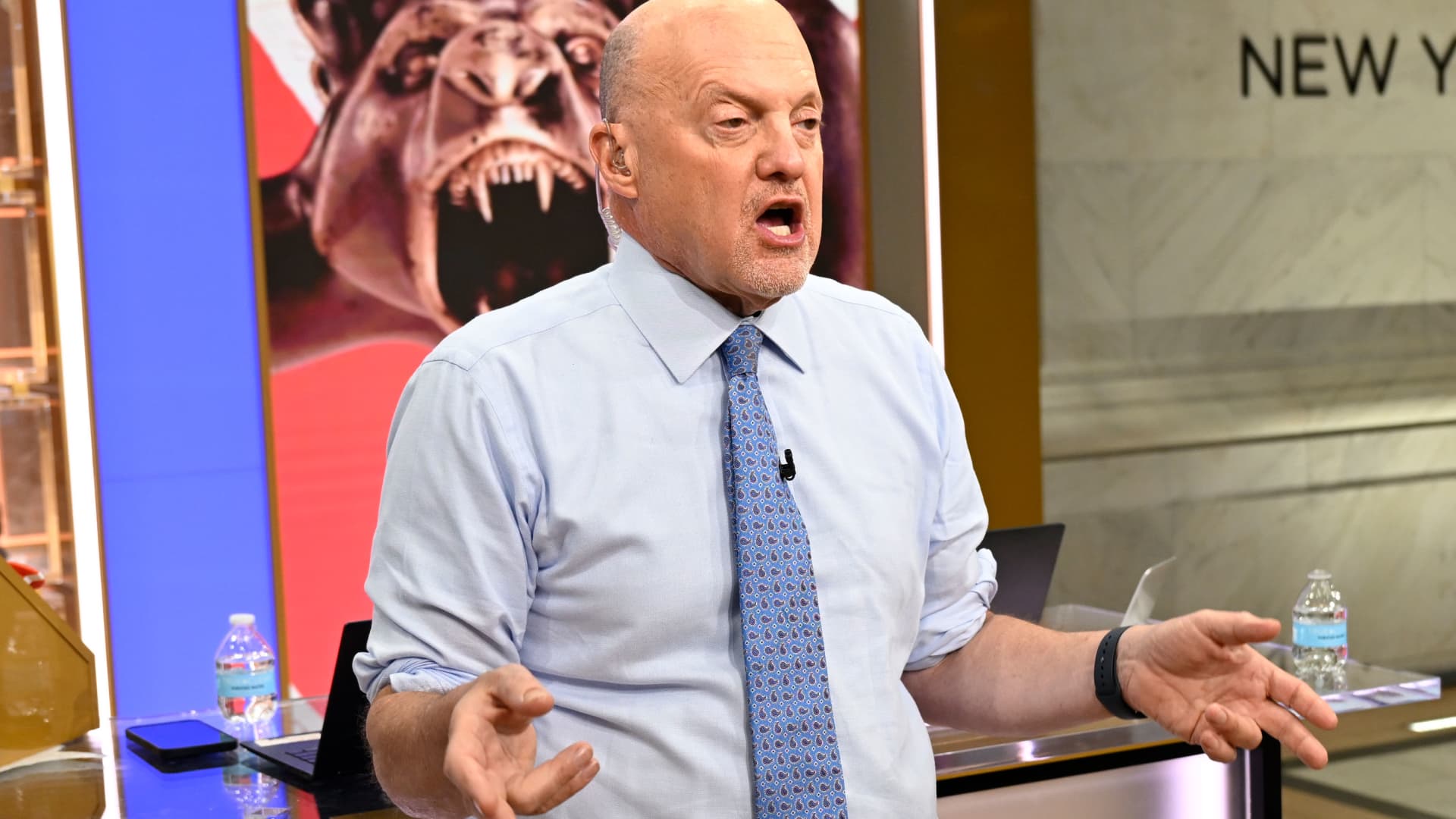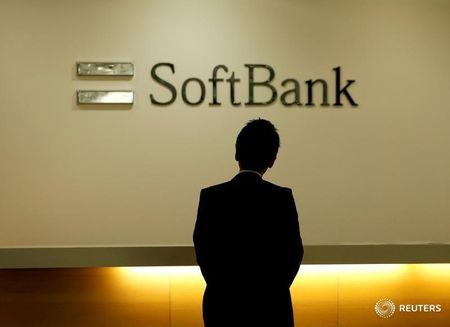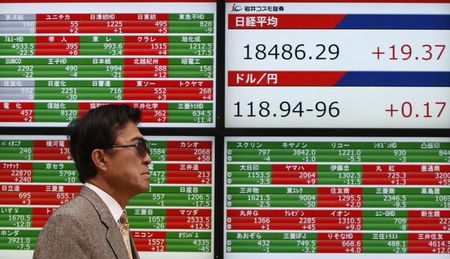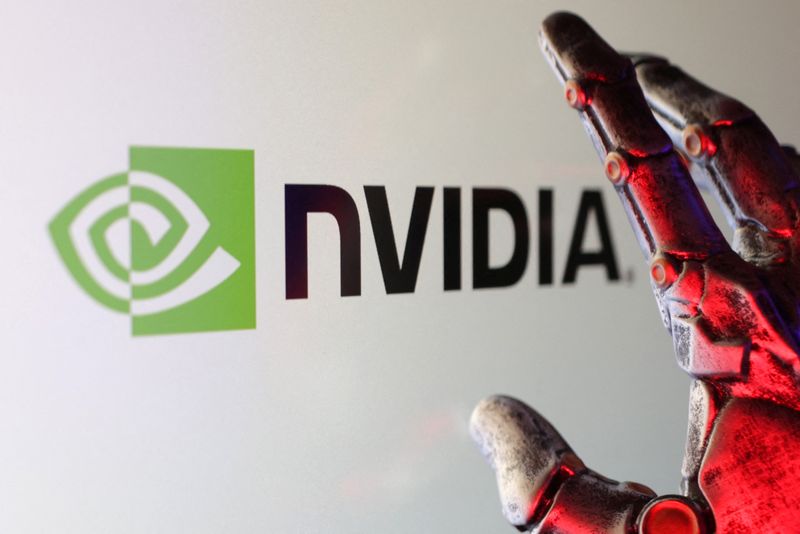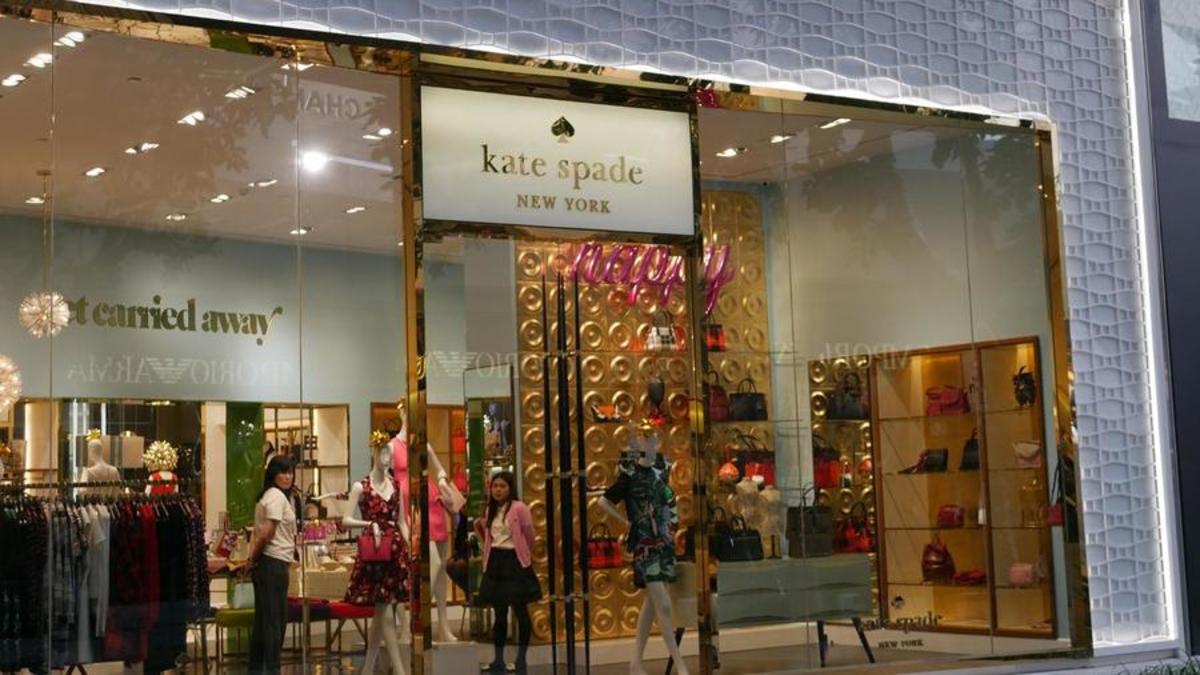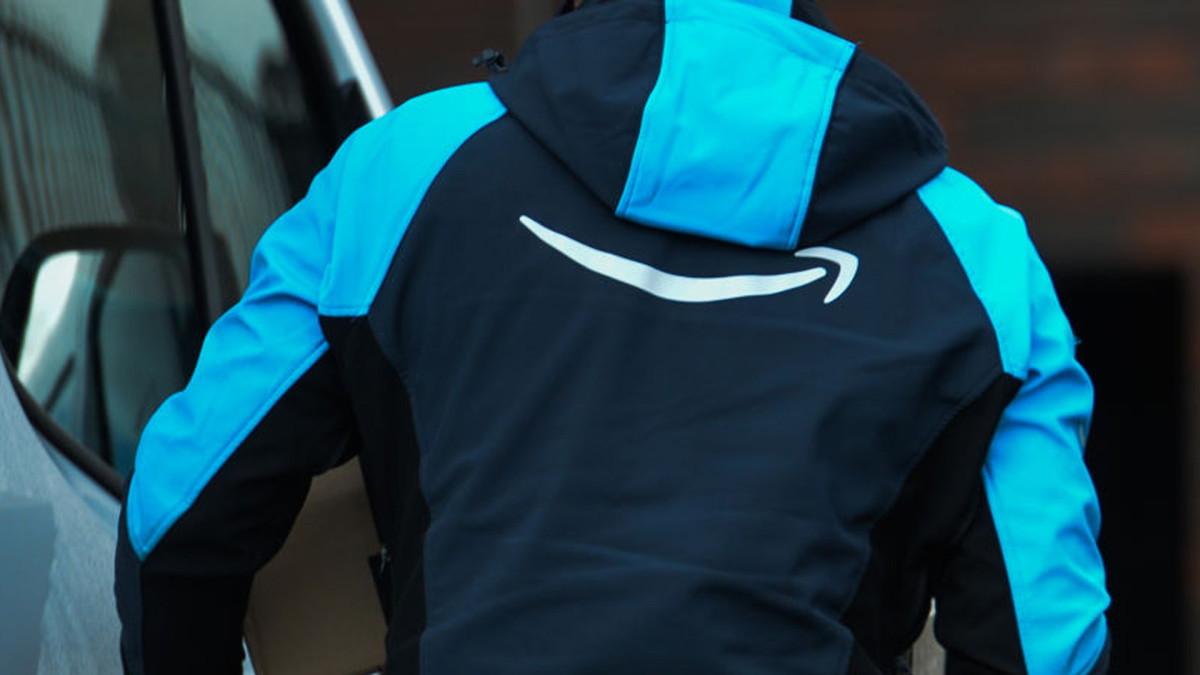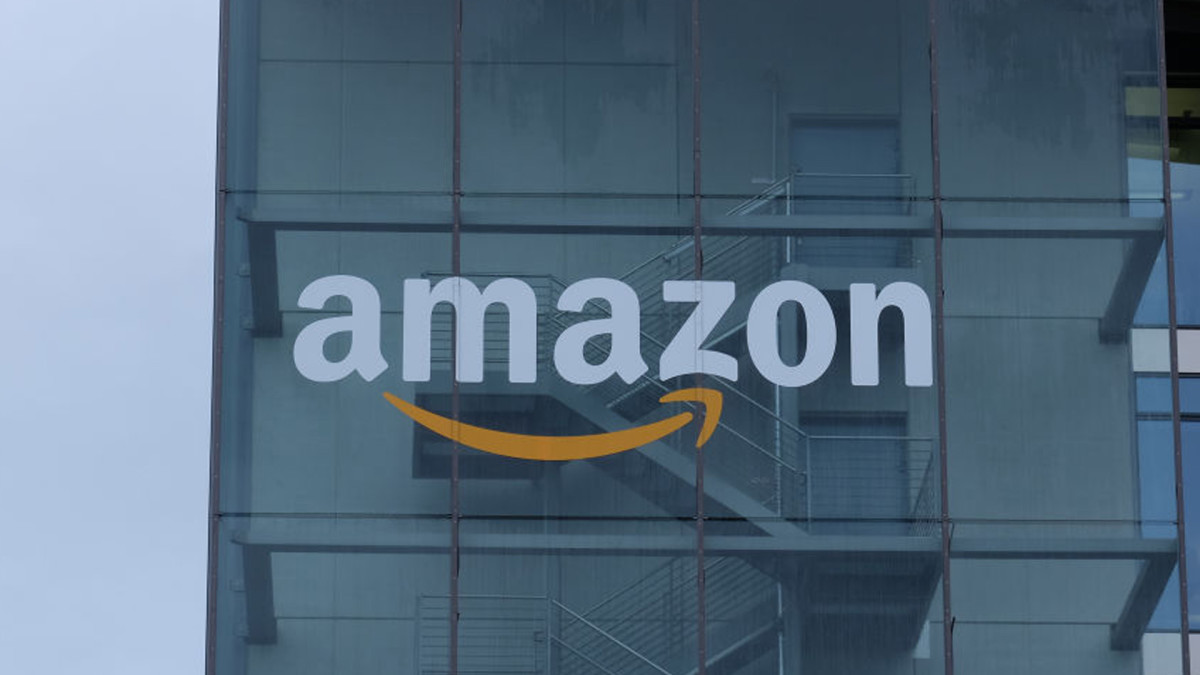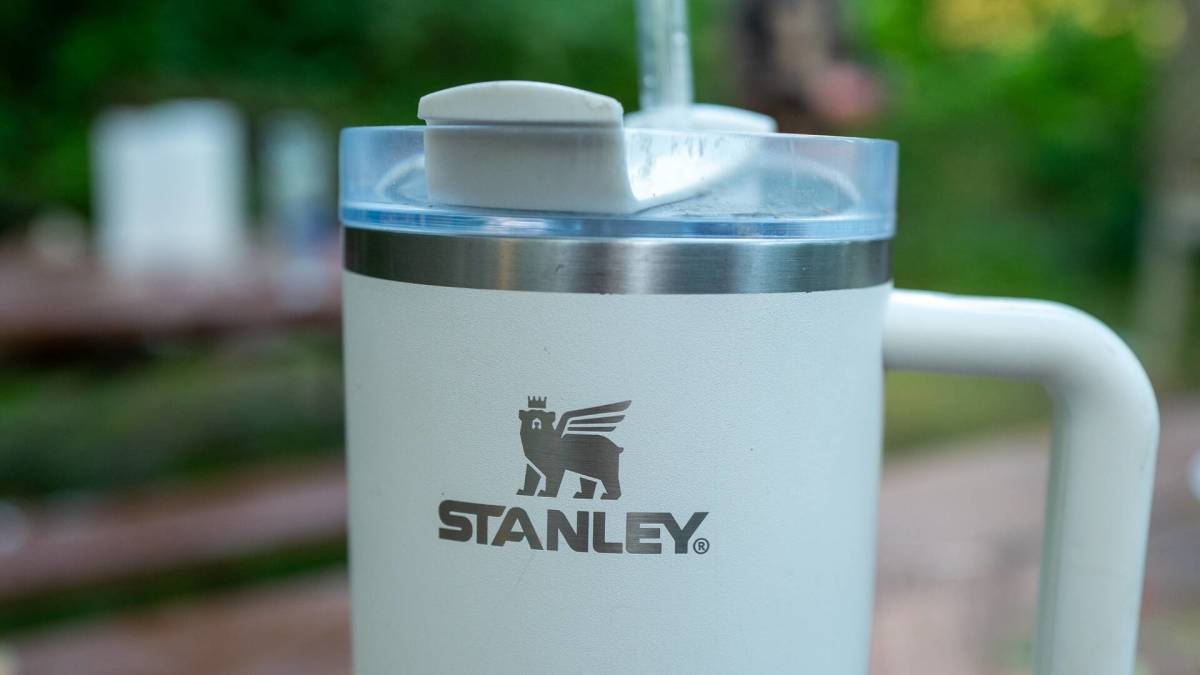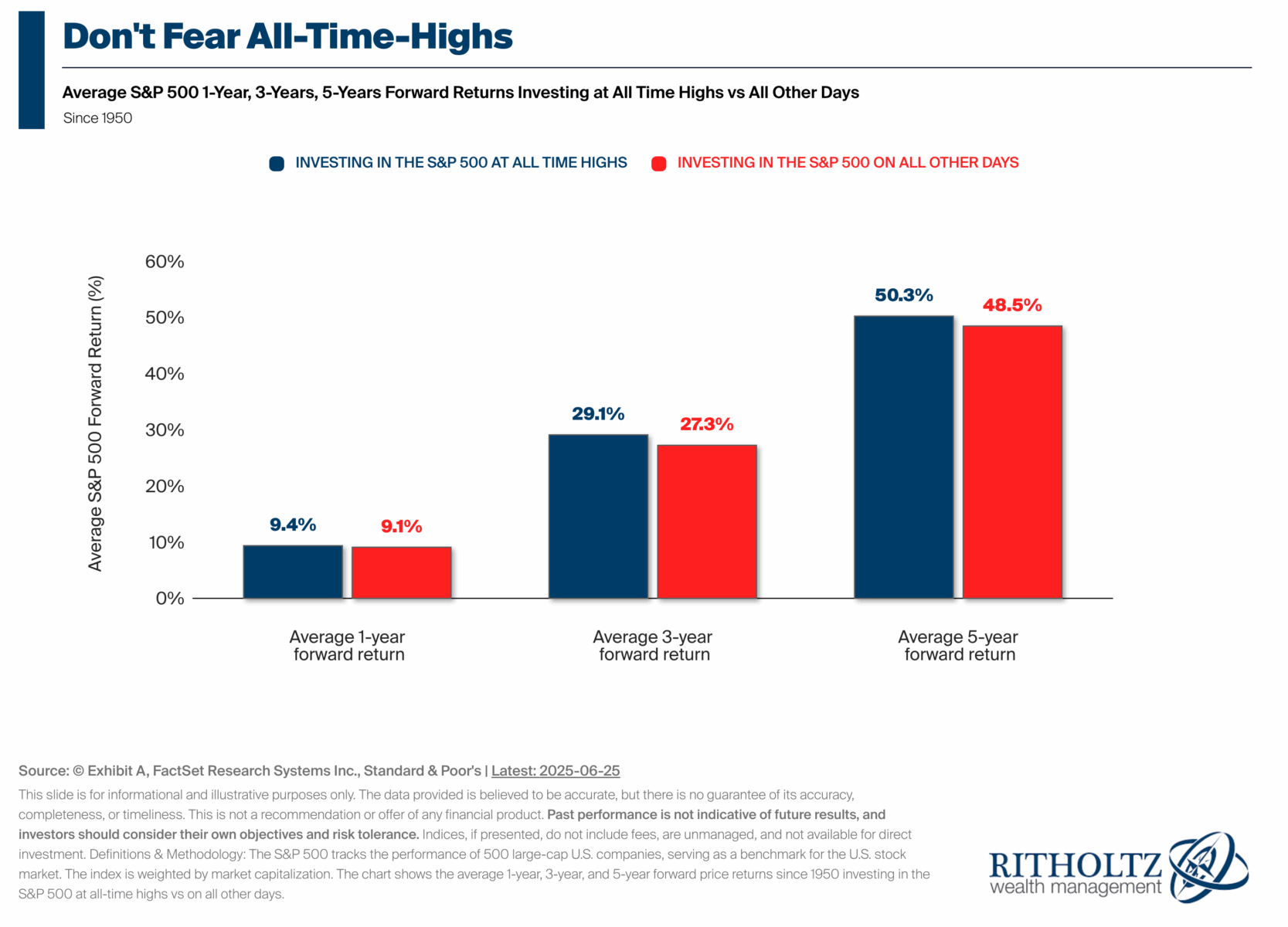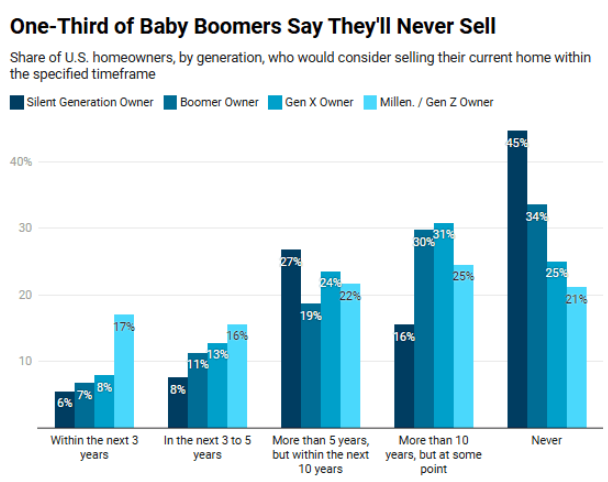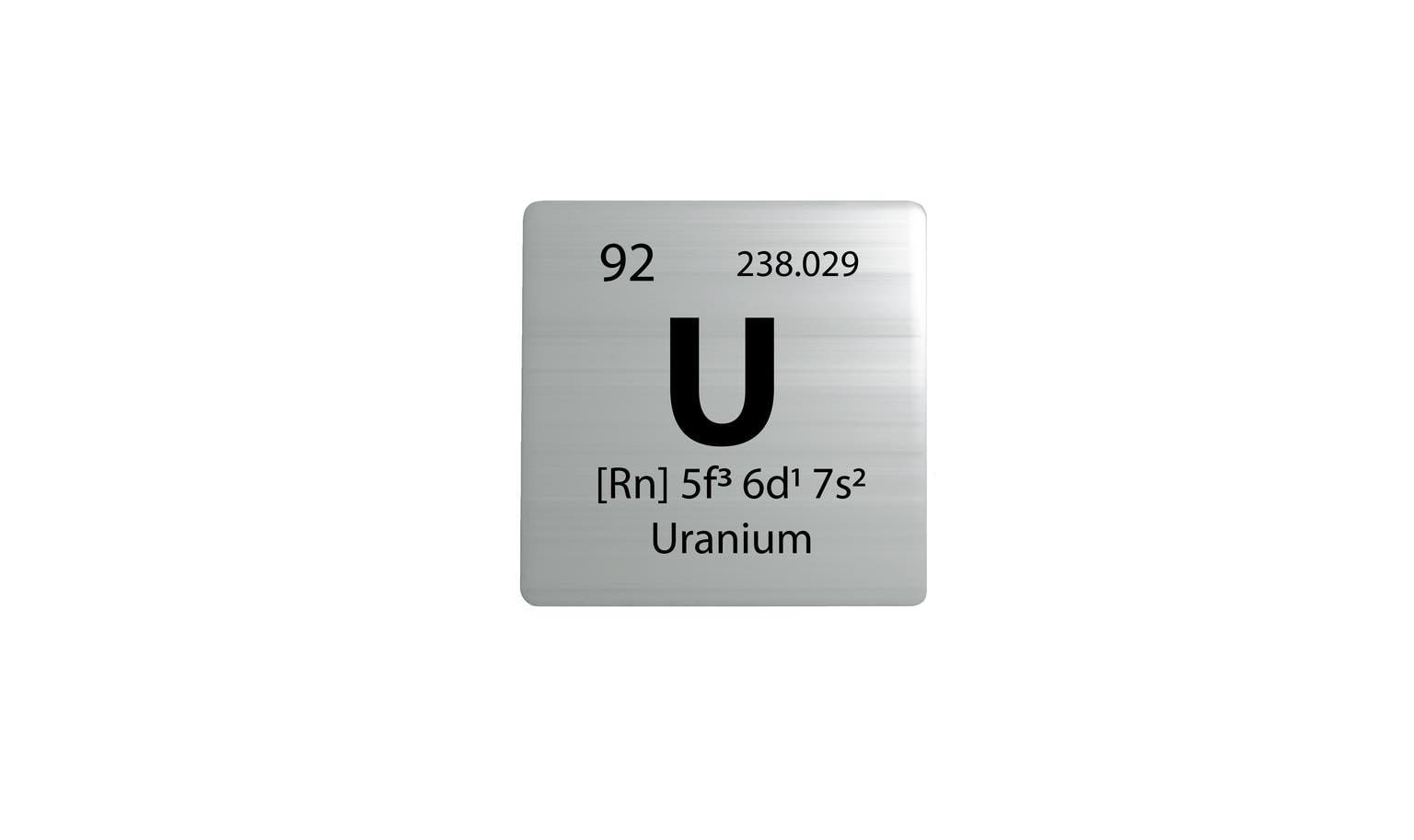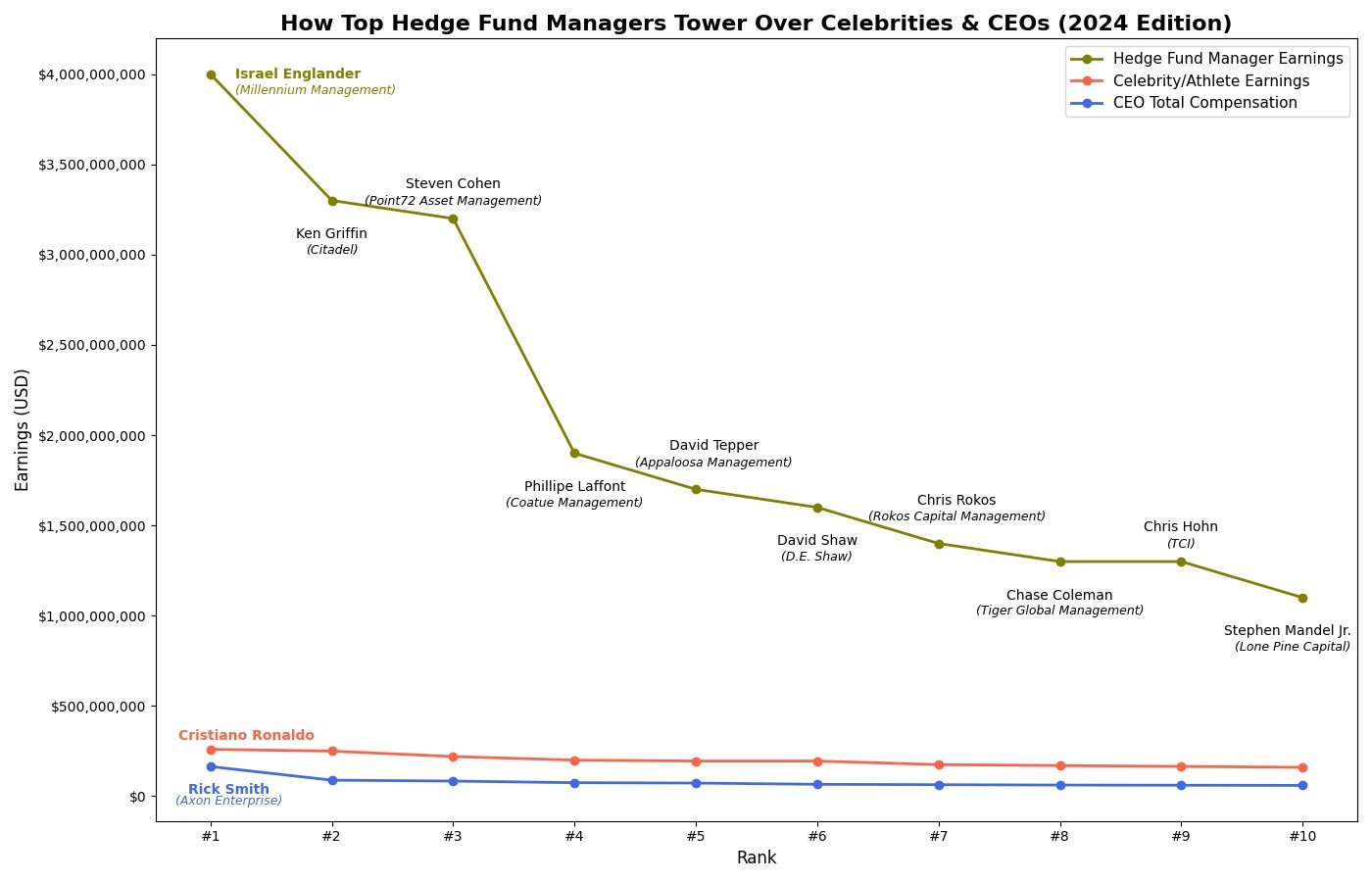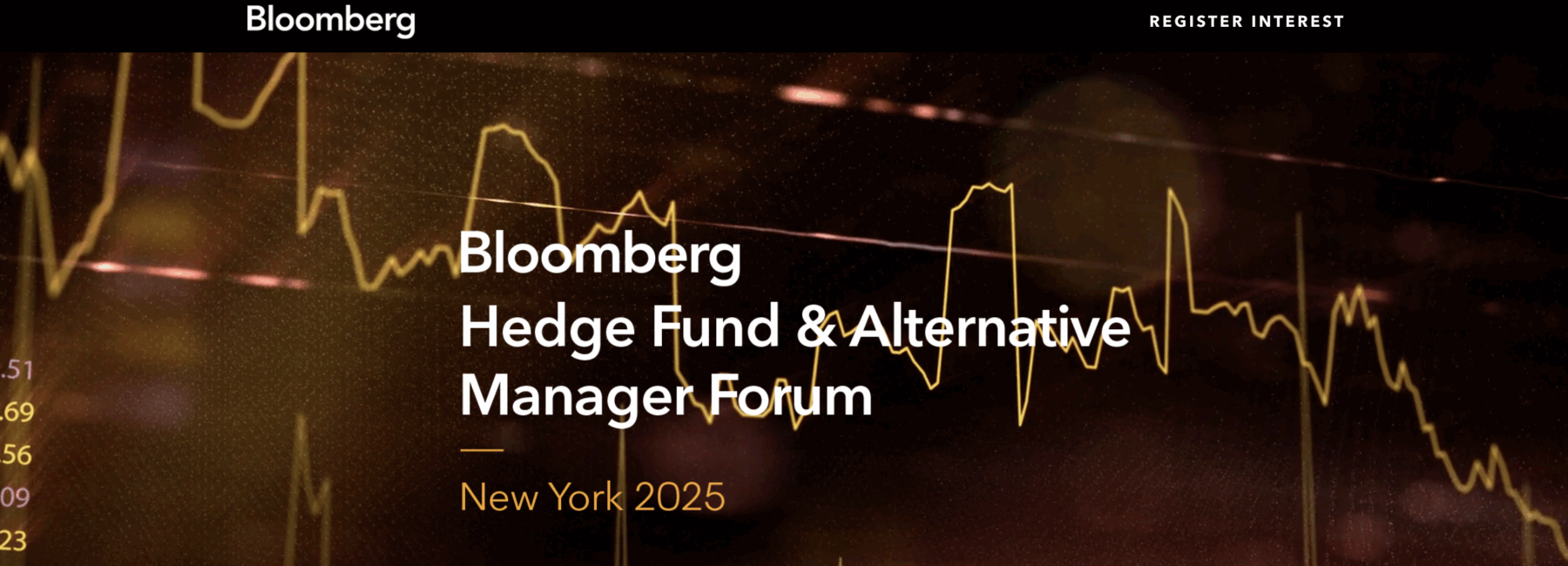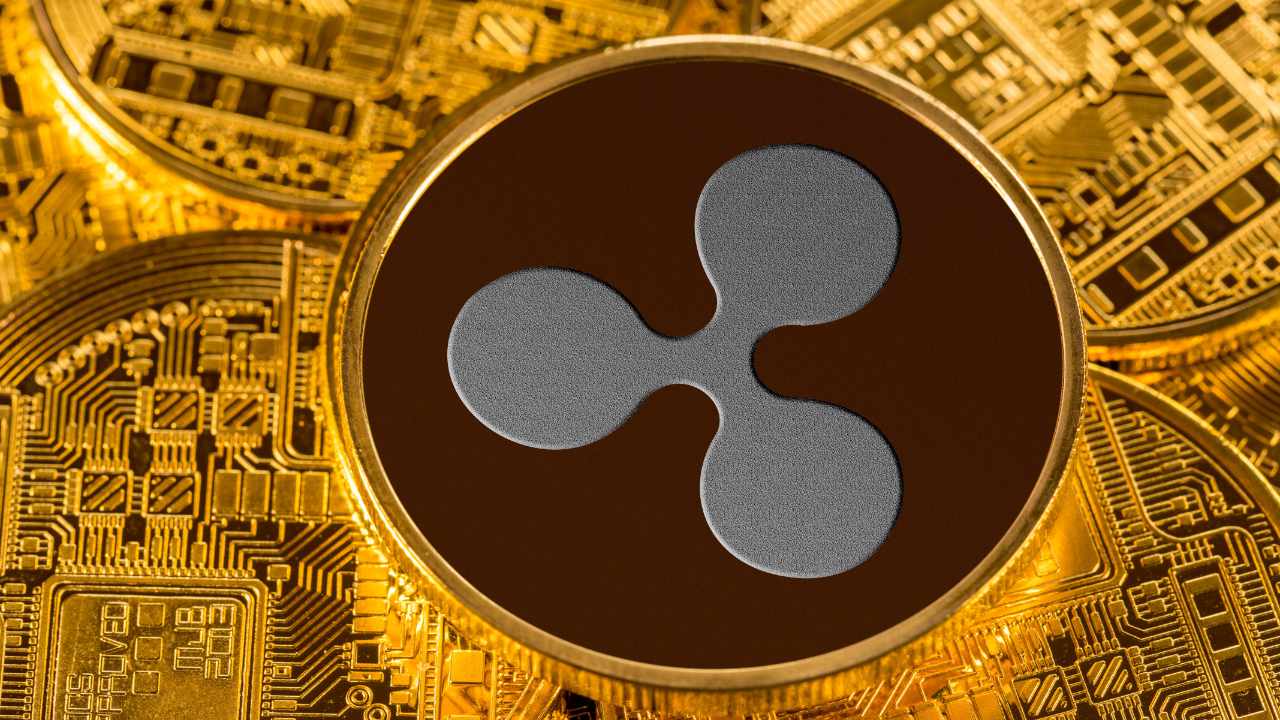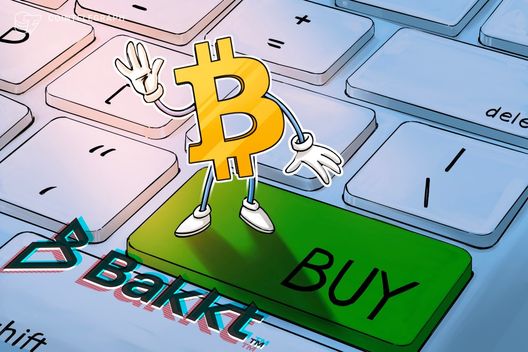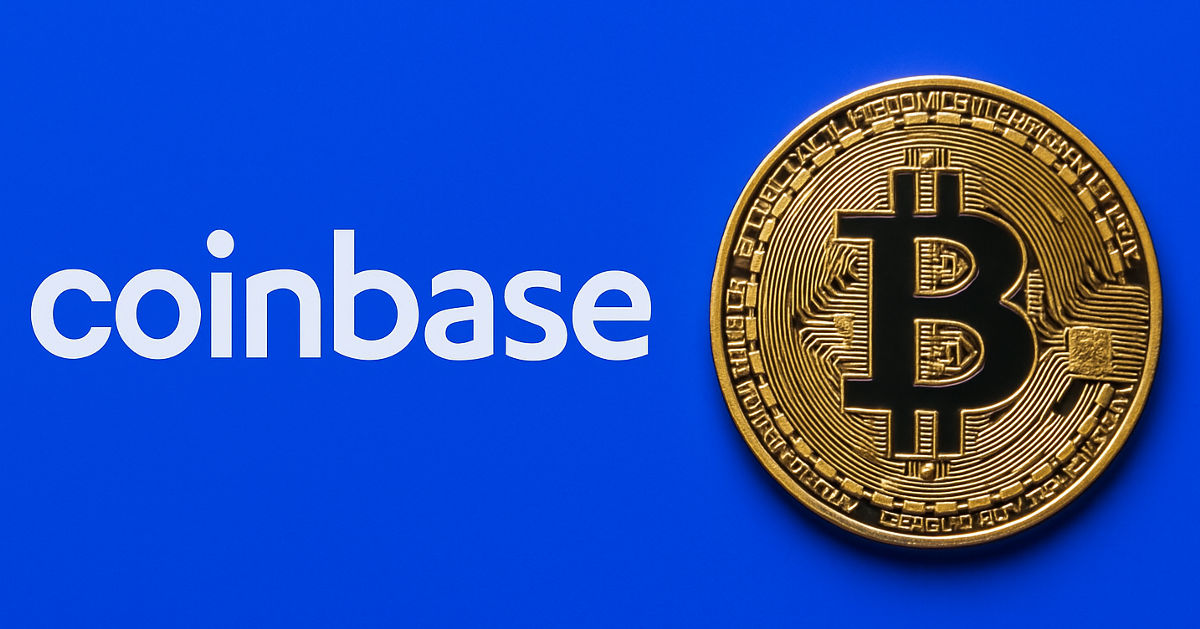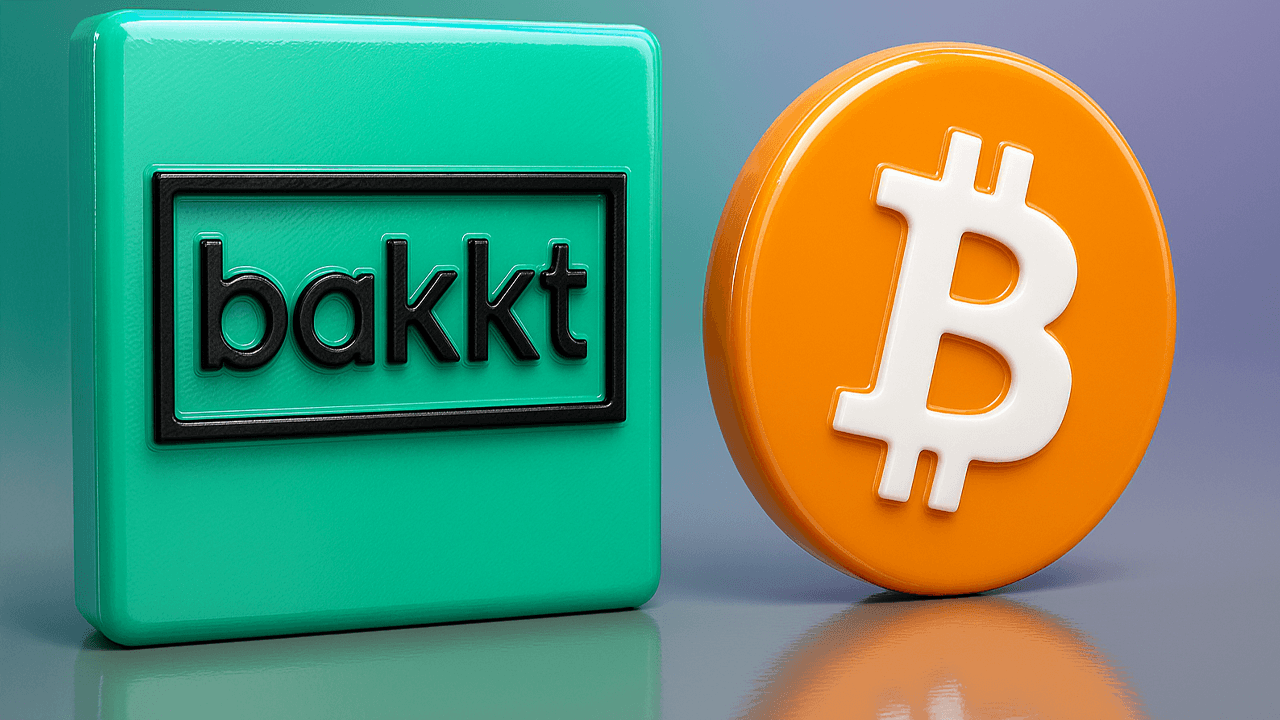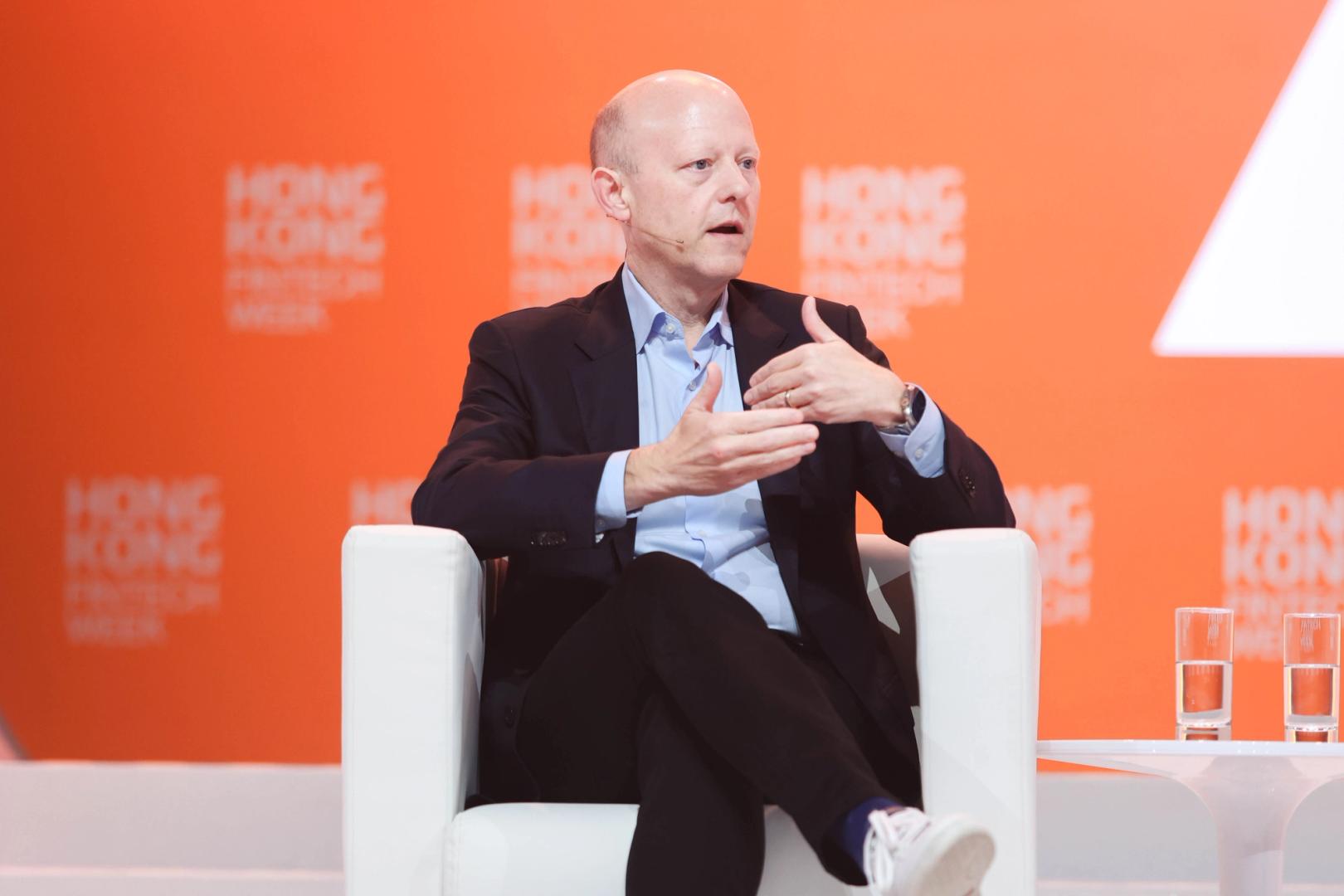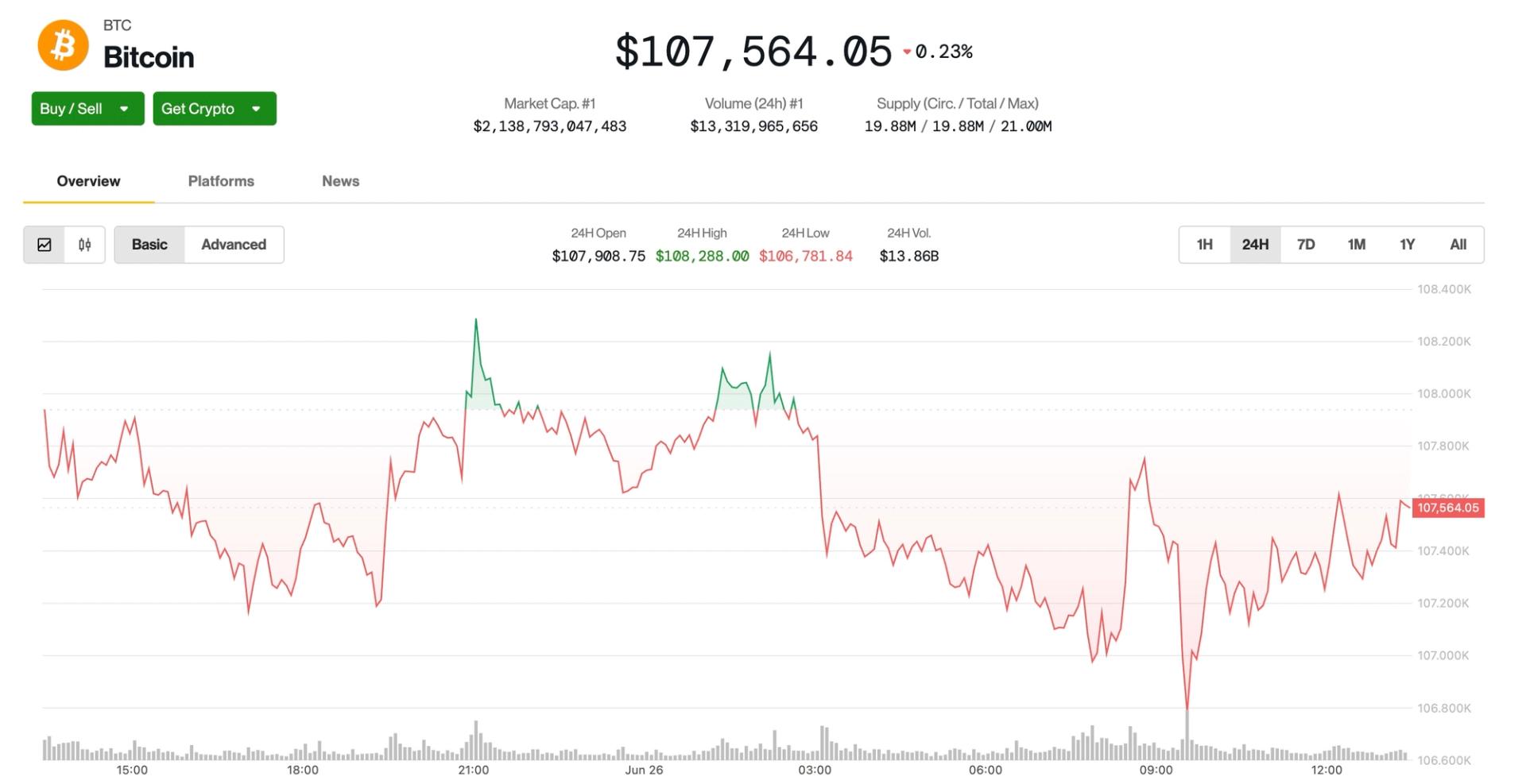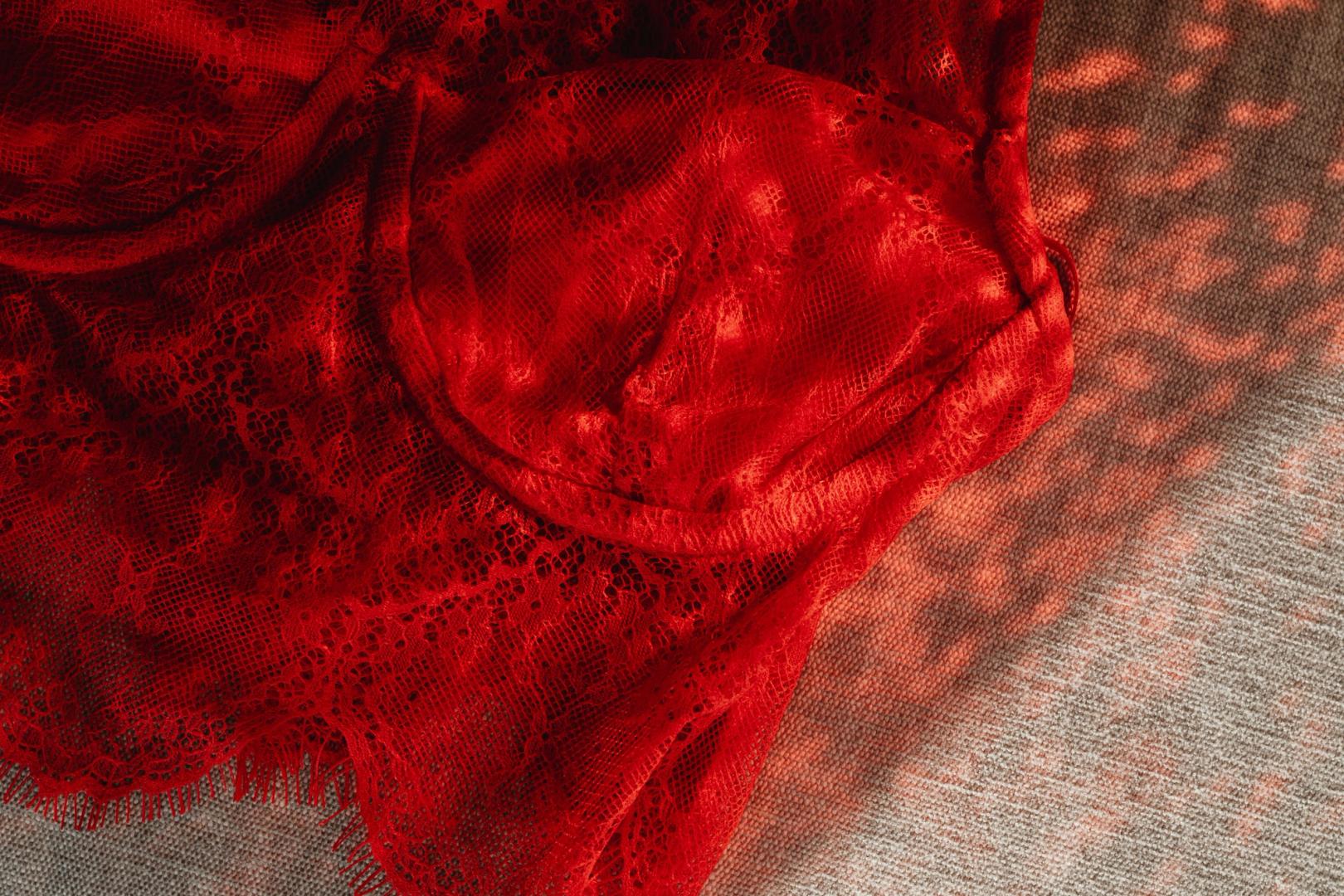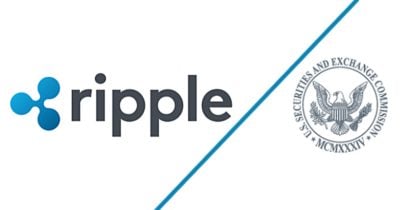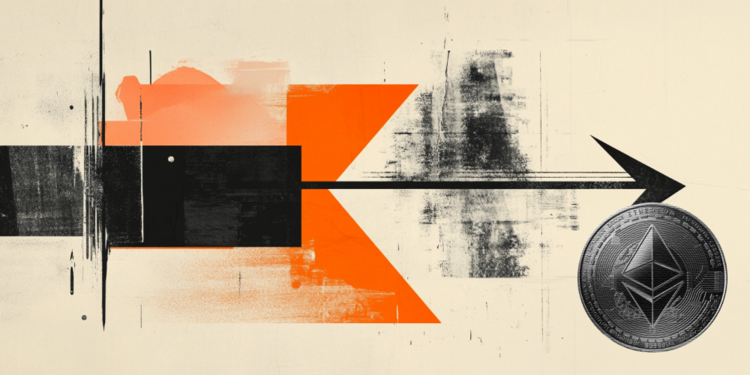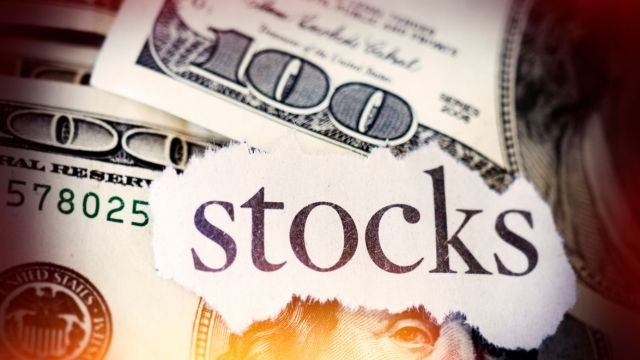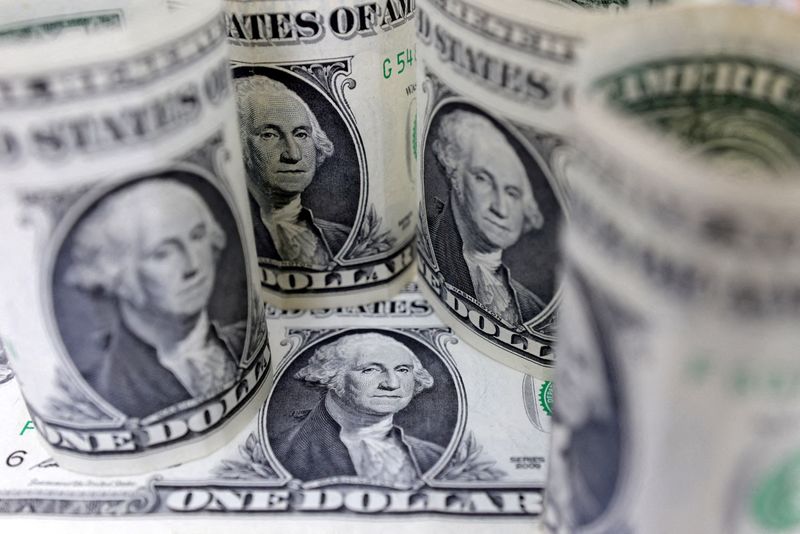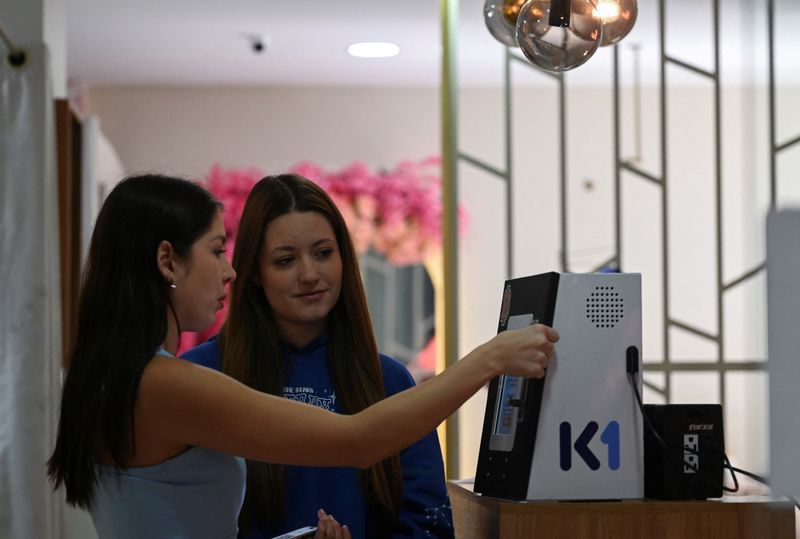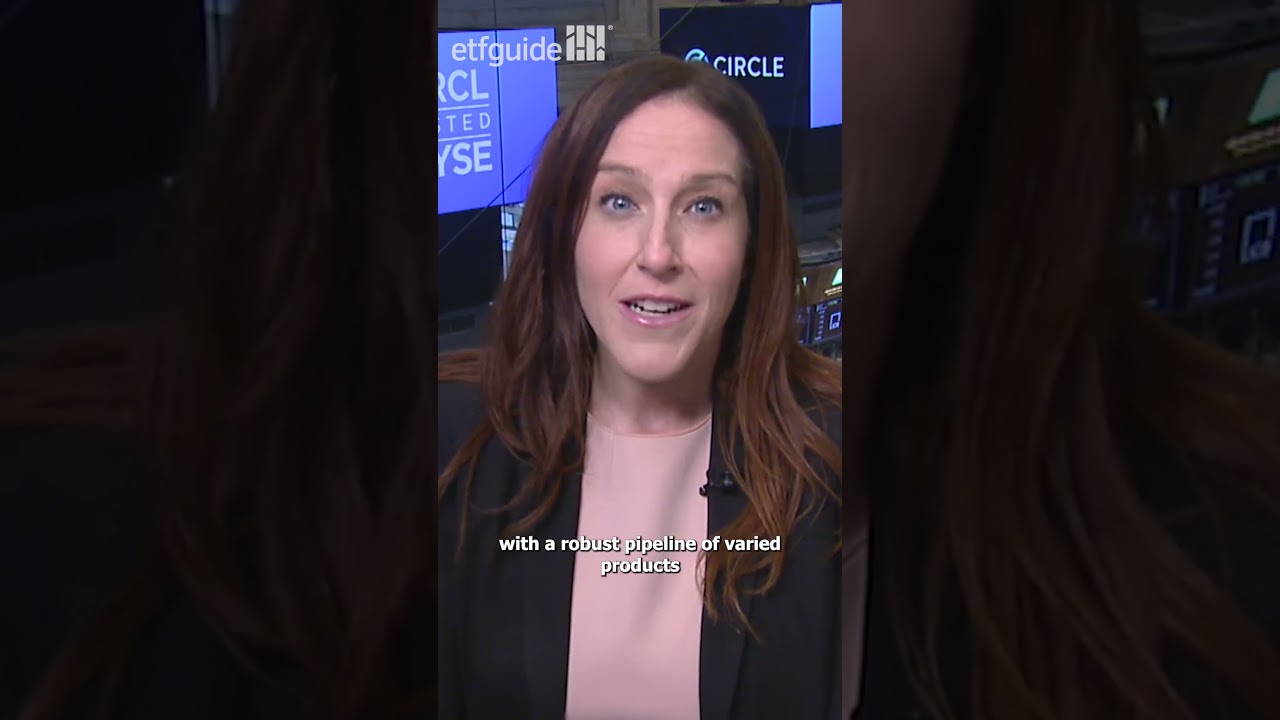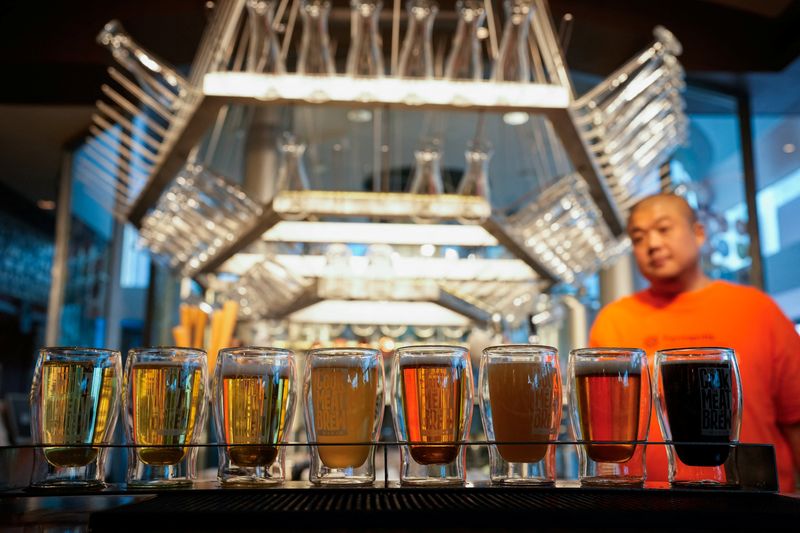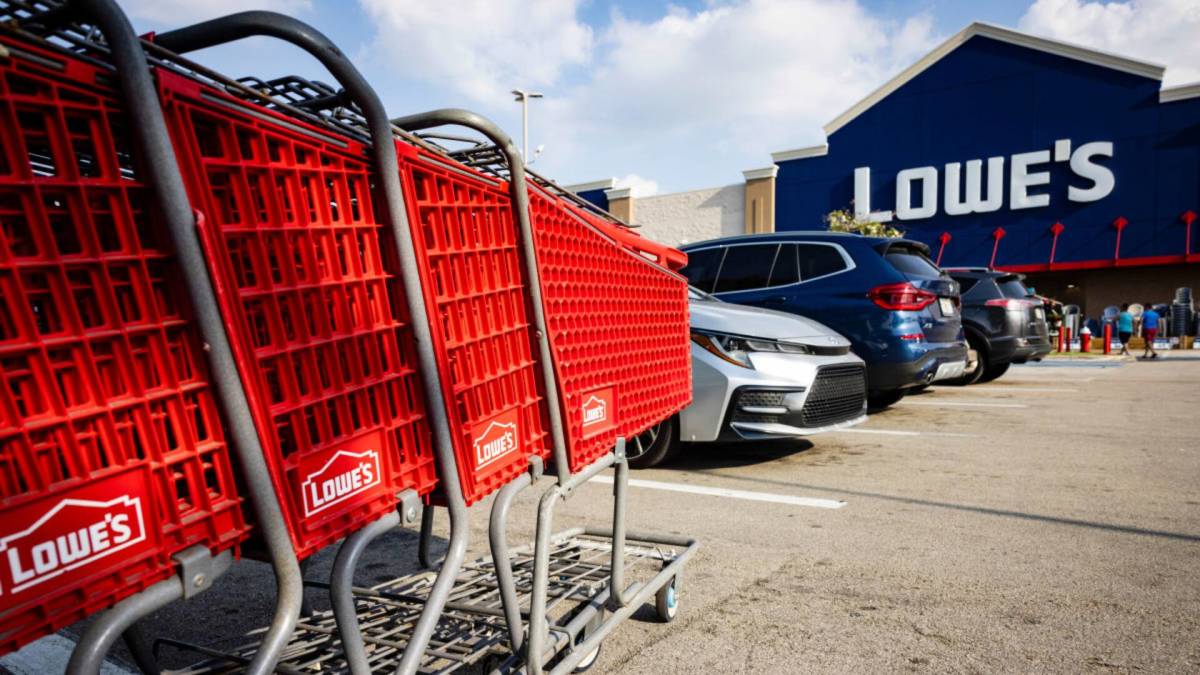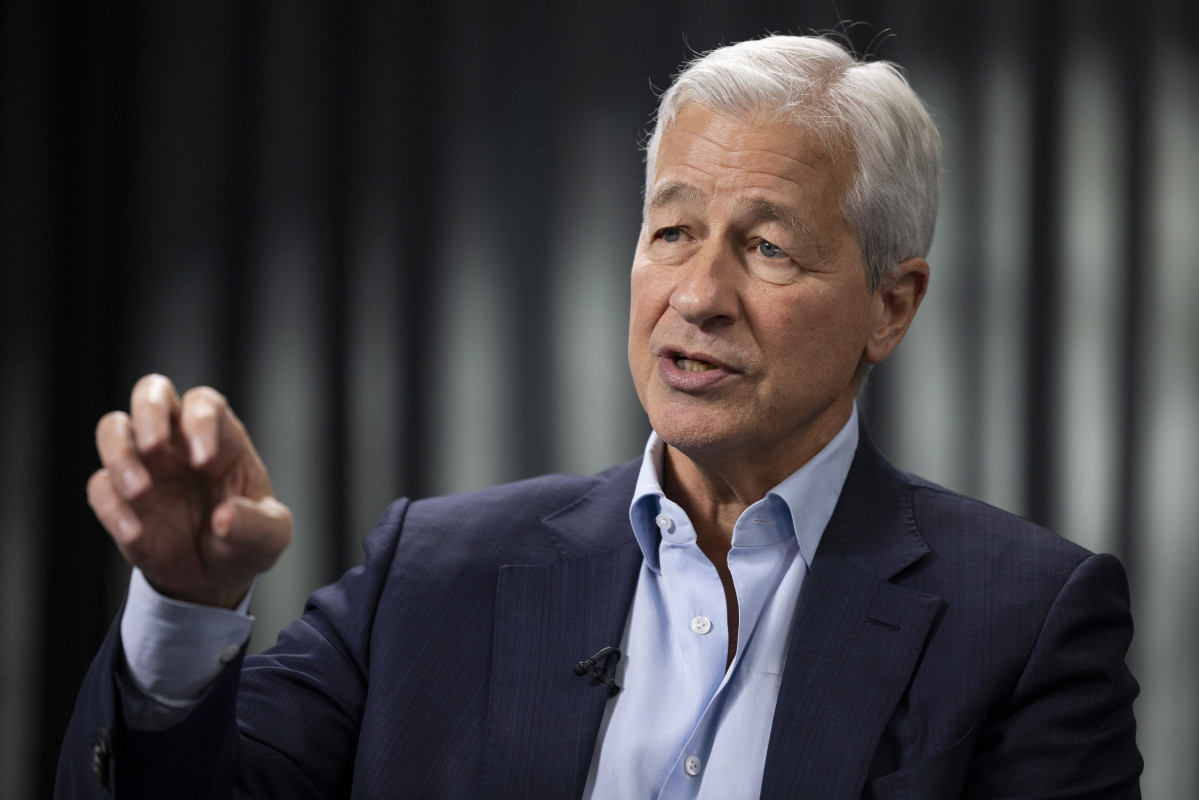Pepsi-owned brand charged with selling people bags of air
A lawsuit alleges that one of the soft drink and snack giant's huge brand is more air than product

I know I’m not the only one who opens a bag of chips and still feels personally attacked by how empty it is.
Even though I know it’s never going to be full, it somehow still surprises me. Every time.
It’s like a weird form of snack amnesia. I go in expecting a full bag, and I come out betrayed — again.
Just a sad pile of chips sitting at the bottom of an oversized pouch, surrounded by nothing but air and disappointment.
Related: General Mills makes huge change to your favorite cereals
And let’s be real: the excuse has always been “settling during shipping” or the classic “product sold by weight, not volume.” But at some point, we all started wondering if those lines just conveniently save companies money.
There’s something especially frustrating about paying premium prices for what feels like a half-empty snack. No one’s asking for a miracle...just don’t sell us a party-size bag with a solo-snack amount inside.
Now, one major snack brand is being called out for doing exactly that. But it’s not just customers who are fed up, and this time, the legal system is stepping in.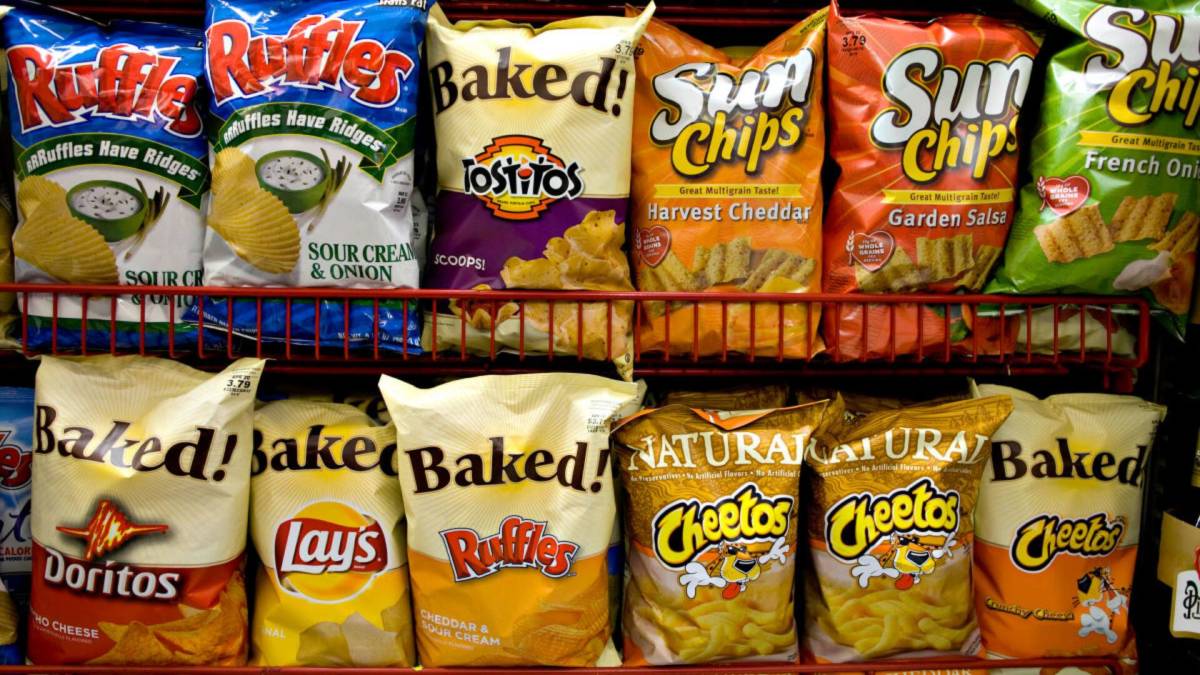
PepsiCo faces class action lawsuit over PopCorners packaging
On June 1, plaintiff Bonnie Reyes filed a class action lawsuit against PepsiCo in California federal court.
At the center of the case: the popular snack PopCorners...and what’s not inside the bag.
Reyes accuses PepsiCo of using “nonfunctional slack-fill” in its packaging. In plain terms? Oversized bags filled mostly with air.
According to the suit, PopCorners Sea Salt varieties are sold in opaque packaging that gives no clear indication of how much product is actually inside.
And it’s not a minor gap. The complaint alleges that more than half the bag is empty.
Related: Hostess, Twinkies face a troubling new consumer trend
Reyes argues this isn't just inconvenient — it’s deceptive.
She claims the packaging tricks customers into thinking they’re getting more product than they actually are, which leads to unfair pricing and undercuts brands that actually disclose how much snack you’re getting.
She’s seeking to represent a class of California consumers who purchased PopCorners for personal use in the last four years.
The lawsuit accuses PepsiCo of violating multiple California consumer laws, including false advertising and unfair competition statutes.
What the lawsuit could mean for PepsiCo’s business
If the court sides with Reyes, PepsiCo could face damages, restitution, and potentially be forced to rethink its packaging entirely.
But this case isn’t just about one snack.
It’s part of a broader trend: consumers calling out shrinkflation and other tactics that quietly chip away at value while prices stay high and trust runs low.
Slack-fill lawsuits have cropped up across the food industry in recent years, targeting everything from candy to protein powder. And while not all succeed, they’re sending a clear message: empty space may come at a cost.
This comes at a time when PepsiCo can’t afford any bad press. Its stock is down nearly 23% over the past year, and a high-profile lawsuit is the last thing it needs right now.
A win might reinforce business as usual.
But a loss could open the door to more lawsuits across other product lines and push brands to rethink how they package and market their snacks.
Related: Beloved cereal goes 'serial killer dark' for new ad

